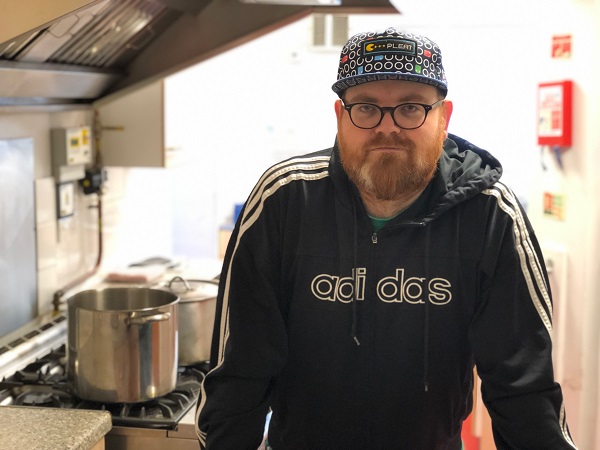Emergency Food Parcel Demand in Ealing Has Doubled
Increasing numbers needing help and warnings that service is becoming unsustainable

Twice as many emergency food parcels have been handed out to Ealing residents in the last year.
Figures recently by Ealig Foodbank showed Ealing residents needed 11,546 in the year to March – more than double the 5,624 parcels handed out the year before.
Nationally, according to the Trussel Trust, a nationwide food parcel provider, 1.6 million food parcels were given out – a 19% increase on the previous year. A third of the emergency food parcels went to children.
Janet Fletcher Ealing Foodbank Manager said:“There are more and more people in Ealing that need help to get food and they aren’t all homeless, or victims of Universal Credit and the benefit system. It could happen to anyone.”
It comes as no surprise to Ealing Soup Kitchen organiser Andrew Mcleay:“There’s nothing more sinister, I think, than seeing small children eating at a soup kitchen. I remember a family that came to us once and they had this three-year-old daughter who was playing at the soup kitchen outside and it made me physically feel sick.”
“It used to be that you’d see regulars every week and you kind of knew the faces. Within the last year it is common place now to see at least seven or eight people come through who I have never seen before.
“It’s almost like the floodgates have opened, and it’s not just in Ealing. You see it everywhere in London.”
On a particularly busy night recently, Mr Mcleay’s teams served 150 people in the hour and a half they were open. He said: “Most weeks my volunteers say to me, particularly my chef, she says she doesn’t think she can serve any more.
“Give it another year and it will be unsustainable.''
“I feel like there are way more people in destitution, and that doesn’t necessarily mean homeless.”
Residents struggling under zero-hour contracts and the working poor are common at St John’s Church in Ealing where Mr Mcleay’s team mostly hold the kitchens.
Six of the homeless men and women regularly cared for at the St John’s soup kitchen have passed away this year.
Labour Party London Assembly Member Onkar Sahota said the growing dependence on food banks and soup kitchens was “scandalous”.
He said: “The Government is well aware of the key factors that are driving so many local families into food poverty, they are choosing not to act.
“Instead, they are shamefully passing on their duty of care to most vulnerable in society onto charities and a beleaguered public sector.
“Sadly, these figures are likely to be just the tip of the iceberg, but they should provide a wake-up call for the Government.”
For Mr Mcleay, there is a place for charities and volunteers, but equally he believes it is a government responsibility to ensure society’s most needy are cared for.
Ged Cann Local Democracy Reporter
30 April 2019